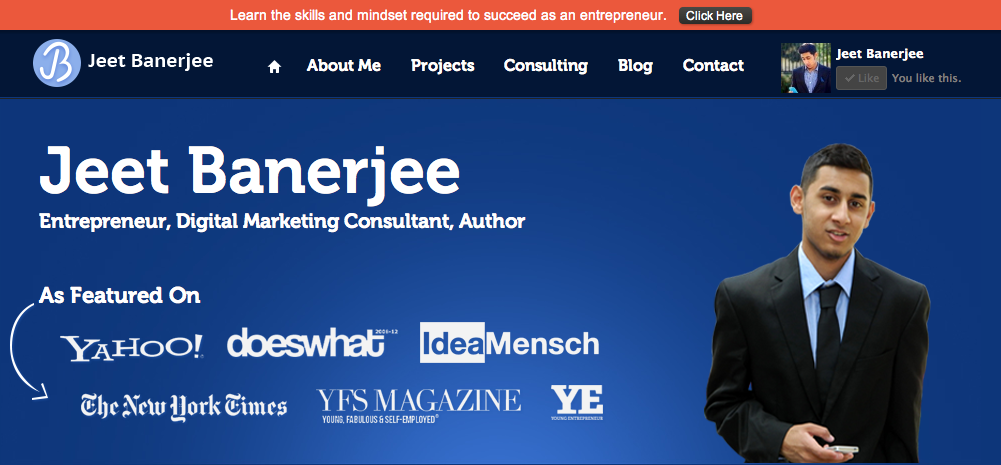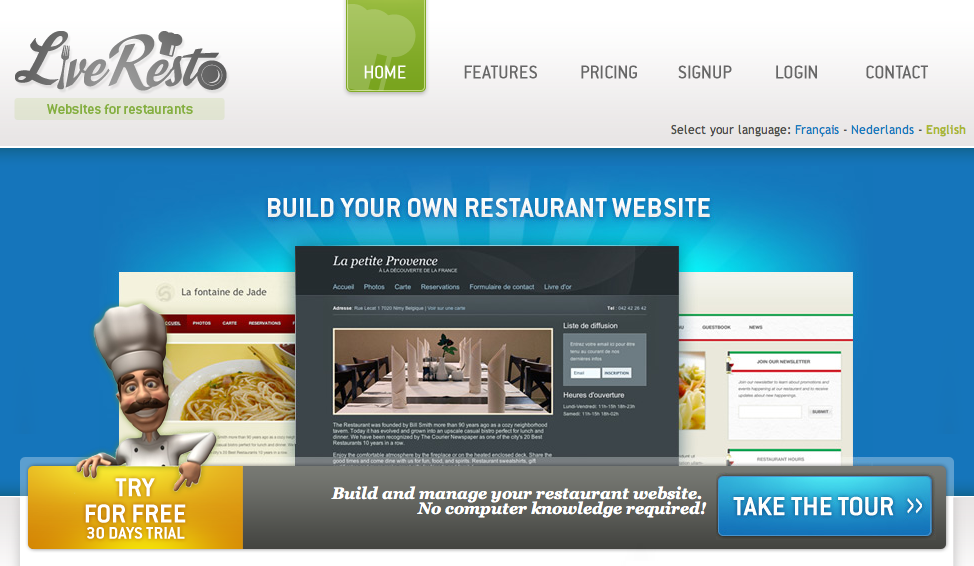So you think you have what it takes to be an entrepreneur? This blog post will ask some tough questions that will test how ready you are to be an entrepreneur.
Entrepreneurship is traditionally defined as the individual who pursues opportunity without regard to the resources currently controlled. That definition is vague and doesn’t even cover 1% of what entrepreneurship is about.
Here is the ultimate test to see if you’re ready to become an entrepreneur:
How risky are you willing to get?
Entrepreneurs take risks. Whether they are financial, physical, or career risks, they are generally big risks. Before you venture into entrepreneurship, you need to be willing to take risks as they come.
Do you have thick skin?
Entrepreneurship isn’t for people who are soft. You will get your ass kicked repeatedly. Entrepreneurs need thick skin to get past what people say. Not only that, but you need to accept the fact that you will not succeed immediately. Are you willing to bounce back until you do succeed?
Can you live without your lifestyle for a while?
Successful entrepreneurs have a great life. However, entrepreneurs who are still working towards their own success don’t have it so easy. Entrepreneurship is about putting in long hours, sleeping less, and doing whatever it takes to succeed. Chances are, you won’t be able to live the same lifestyle when you jump into entrepreneurship.
Forget about vacations……
Any entrepreneur looking to take a vacation in the early-going won’t get very far. Entrepreneurs cannot afford to take vacations especially when they are just starting out. Your one and only focus in life needs to be the business you are creating.
Is your significant other on board?
Entrepreneurs have to make stiff commitments to their projects. One thing that is often overlooked is how big of a commitment your significant other must give as well. Success doesn’t come easy. If your significant other isn’t on board with you starting a new business, you may seriously need to reconsider your options.
Are you just a honeymooner?
Honeymooner’s in business are individuals who love one aspect of a business. Most often, it’s creating the website or idea for your business. However, entrepreneurs need to be in love with every aspect of their business. If you just like one part of the business process, you may be better off joining another startup.
Can you go with the flow?
Entrepreneurs don’t often have the answer to every question. Entrepreneurs have the uncanny ability of worrying less and going with the flow. They are quick to understand when change is imminent, but they can also go forth without worrying about things.
Are you self-motivated?
Entrepreneurs need to be motivated by themselves. This isn’t a classroom setting where your teachers and peers will push you to get good grades. Life is your classroom and you are your own teacher. You need to motivate yourself and find ways to stay focused even when the going gets tough.
Can you work without a paycheck?
Entrepreneurs do not get paid by the hour. They do a ton of work and sometimes don’t get paid anything for it. As an entrepreneur, you have to be willing to accept the fact that you will no longer be getting paid a “fixed” salary and your success is dependent on you.
Do you work well with others?
Entrepreneurs have to work well with others. Whether it’s the team you bring on to execute your ideas or sales pitches to customers, you are constantly around people. Entrepreneurs are great with people and have the ability to leverage everything around them.
Conclusion
This blog article is not to scare people away from entrepreneurship, but rather identify the key components of becoming an entrepreneur. Remember, nothing worthwhile in life is ever easy.
photo credit: CarSpotter via photopin cc



















